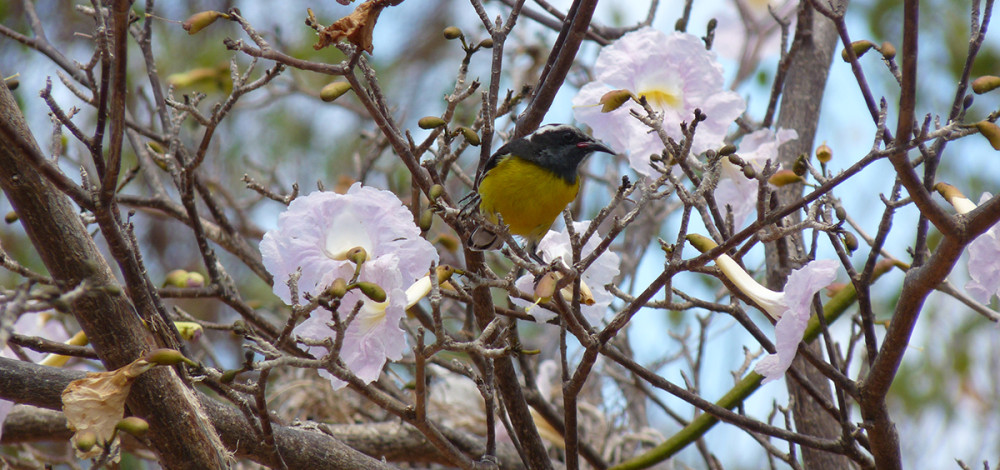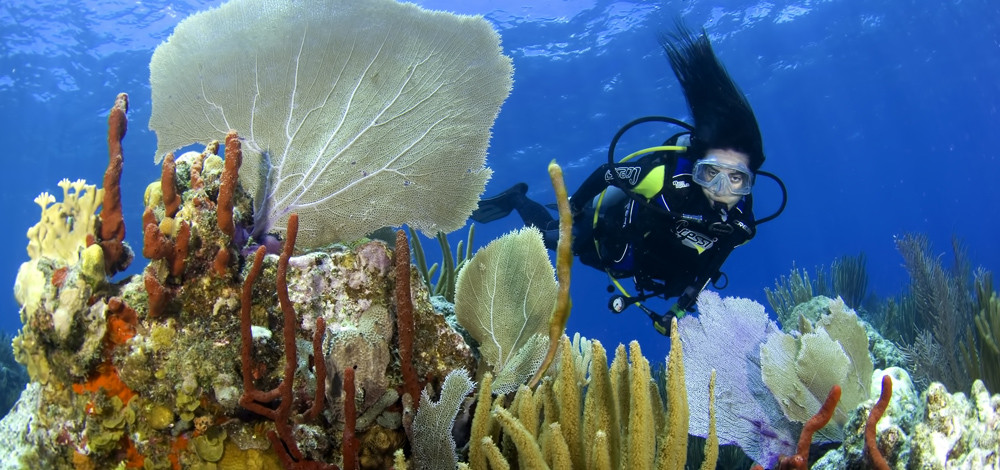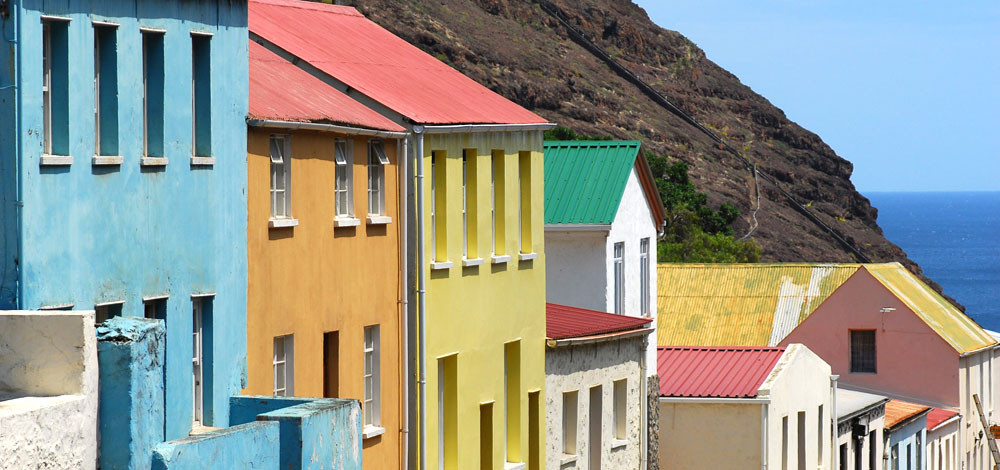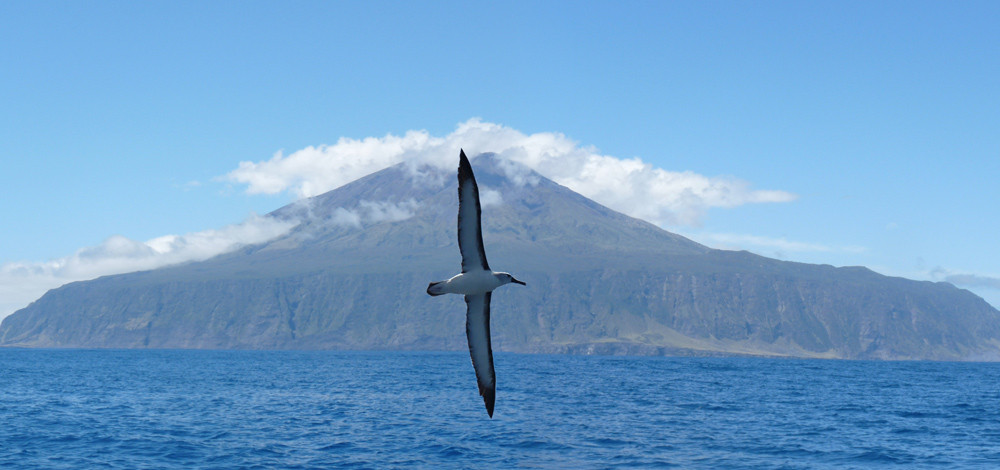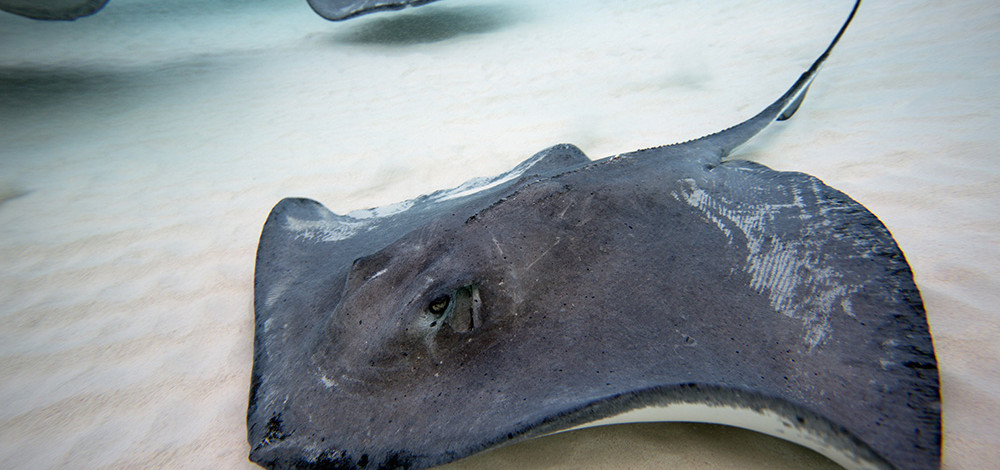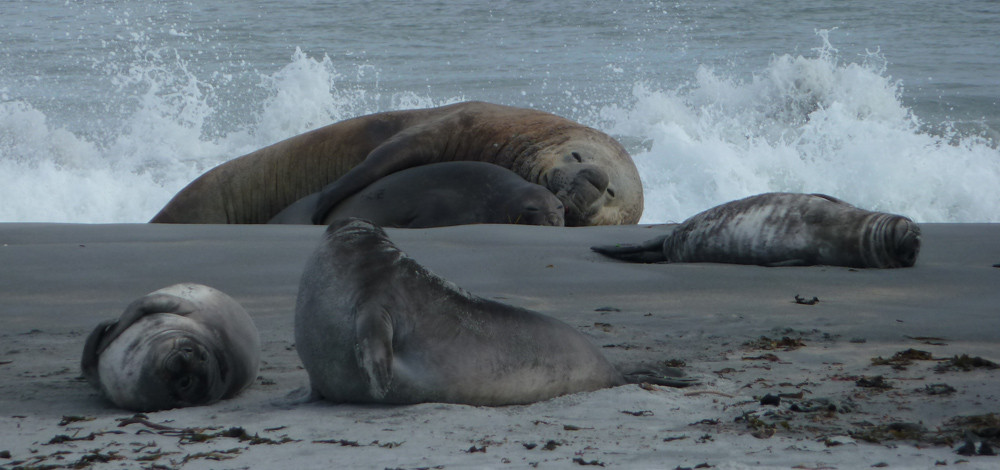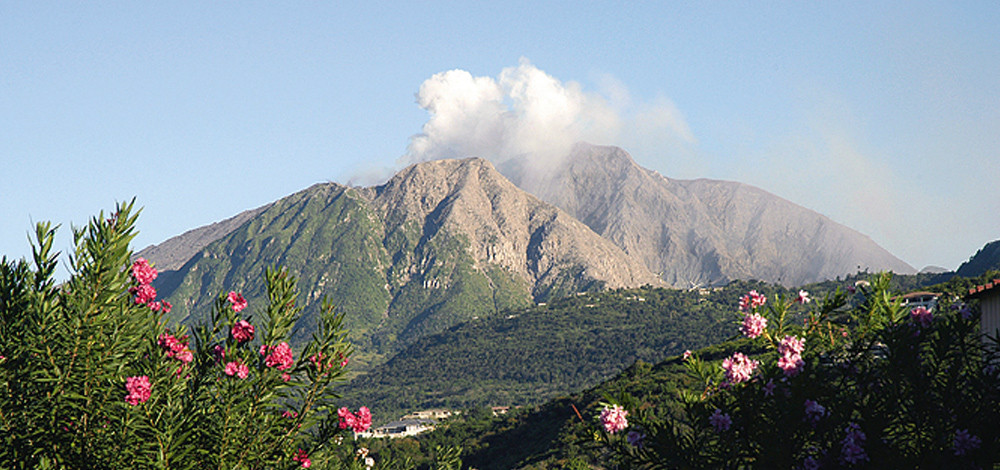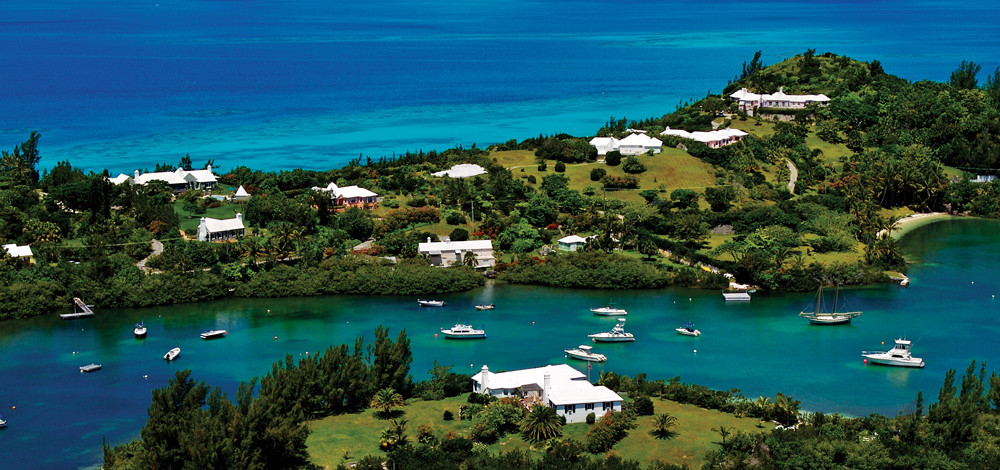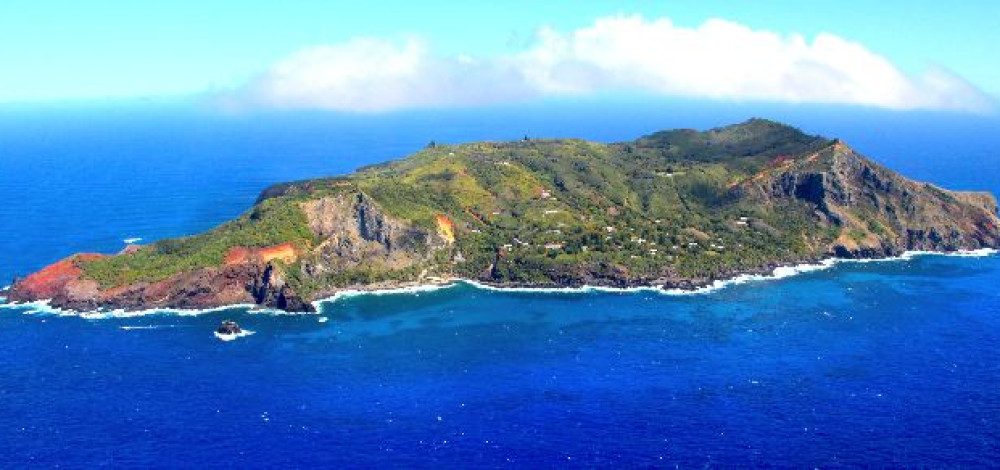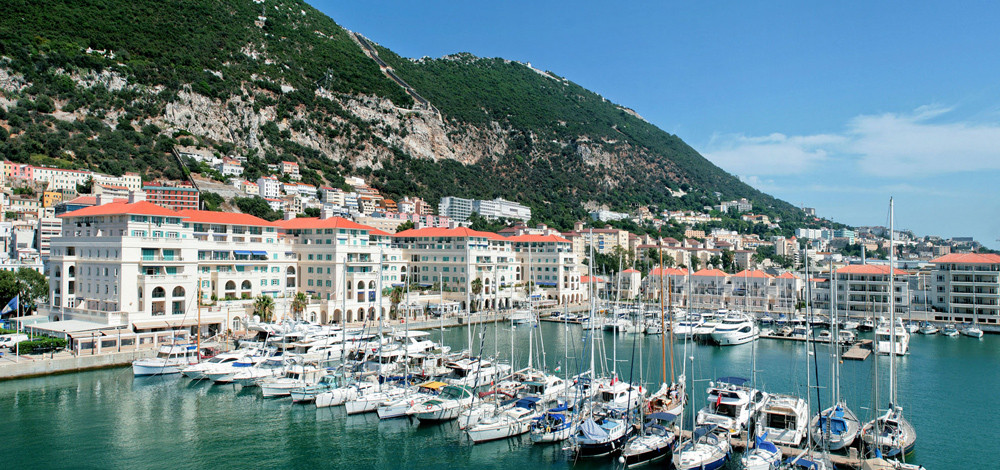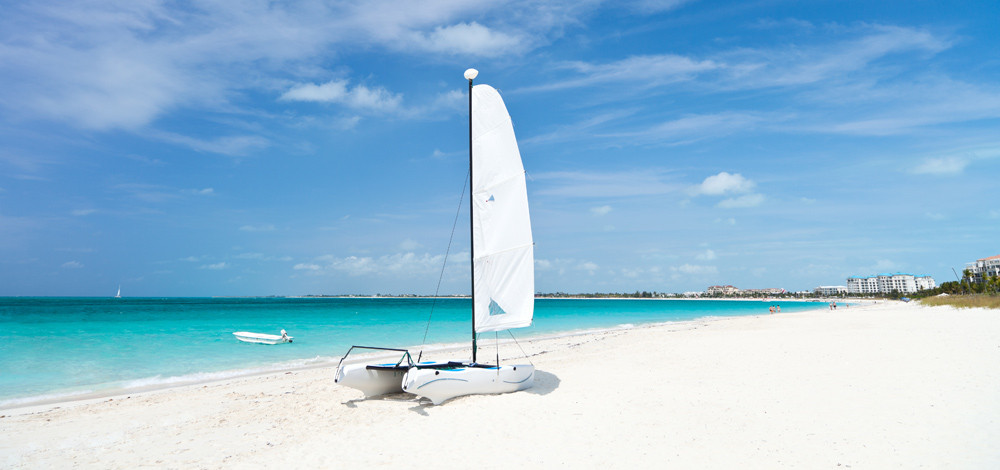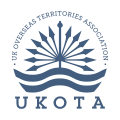Discovering the UK Overseas Territories – Large Ocean Territories
Most of the UK’s Overseas Territories have small land areas, but several command huge swathes of ocean, making them vital to the UK’s maritime interests. Combined, the Overseas Territories are responsible for the sixth largest marine estate in the world, managing 5.7 million km² of ocean area, almost eight times larger than the exclusive economic zone around the UK! Through the Blue Belt and other initiatives, the Overseas Territories are world leaders in marine conservation and are vital for delivery of the UK’s global commitments. Already, more than 4.3 million km² (75%) of ocean have been protected – including earth’s largest coral atoll and its biggest penguin colony.
The Territories’ Exclusive Economic Zones (EEZs) range widely in size, including some 7,000km² off Montserrat and over 1,000,000km² around South Georgia and the South Sandwich Islands. Their biodiversity is truly extraordinary, with seas, reefs, icecaps and mangroves all teeming with wildlife including many species found nowhere else. There are two UNESCO Natural World Heritage Sites, within the Pitcairn and Tristan da Cunha archipelagos.
Marine Protected areas exist around many of the Overseas Territories. In South Georgia, for example, the entire 1.24 million km² of the South Georgia & South Sandwich Islands’ EEZ is a Marine Protected Area. Fisheries are managed under the auspices of the Convention for the Conservation of Antarctic Marine Living Resources. The SGSSI Government goes beyond the standards imposed by this Convention, meaning that it operates some of the best managed fisheries in the world. The South Georgia toothfish fishery received one of the highest Marine Stewardship Council (MSC) certifications and is a model for how conservation and sustainable fishing can work hand in hand.
Tristan da Cunha’s 690,000km² Marine Protection Zone is the largest ocean reserve in the Atlantic, and the fourth-largest on earth. The islands also operate a sustainable fishery, exporting gourmet lobster around the world, which is MSC certified. Fellow South Atlantic Overseas Territory Ascension Island’s 445,000km² Marine Protected Area is a unique biodiversity sanctuary, for everything from well-known coastal species to undiscovered creatures over 3000m deep. Neighbouring Saint Helena has put in place a sustainable use MPA covering 100 per cent of their 200 nautical mile EEZ, which is nearly the size of France, where only sustainable-use fishing, for example one-by-one catch using pole and line, is allowed. This scale of marine protection in the South Atlantic gives hope for a positive global impact.
The Bermuda chain, comprising over 150 islands and islets, lies isolated in the north-west Atlantic and forms the most northerly coral reef system in the world. Bermuda was also the first Overseas Territory to participate in the UK Government’s Blue Shield Programme of monitoring and surveillance, using innovative technology to tackle the challenges of illegal fishing and unlawful marine activities.
The British Virgin Islands (BVI) are home to spectacular and vulnerable coral reefs that provide food and shelter to multiple marine species. Stony Coral Tissue Loss Disease has had a devastating impact and a special ‘Coral Strike Team’ has been formed to tackle it. Additionally, yachts are banned from anchoring in, or too close to, coral reefs in the BVI and anyone caught doing so can be fined up to $1,000.
The waters around the Cayman Islands and the Turks and Caicos Islands (TCI) are home to turtles and the North Atlantic humpback whales respectively. The Government of TCI has encouraged a carefully managed eco-tourism that allows visitors to encounter these whales and the other wildlife that call TCI home.
In addition to protecting and enhancing their environments, the people of the Overseas Territories have become experts in a variety of maritime related areas. Caymanians, for example, are renowned worldwide for their seafaring skills.
It is important to note that the wider maritime work of the Overseas Territories, including our maritime authorities, shipping registers and more, make a significant contribution to the UK and one that is recognised by the UK Government and organisations like the UK Maritime and Coastguard Agency.
“The UK flag State, made up of the 13 constituent British maritime administrations of the UK, Overseas Territories and Crown Dependencies, is one of the leading flag States of the world and sits on the International Maritime Organisation (IMO) Council, the body that drives the agendas of IMO’s work. The UK flag State’s credibility that has led to its continuous re-election to the IMO Council is drawn from its position as one of the top 10 largest fleets in the world and its unrivalled quality as a flag state, evidenced by its exemplary IMO audit result in 2021 and its acknowledged technical leadership.
The UK flag State is a proactive collaboration between the United Kingdom, Overseas Territories (OTs) and Crown Dependencies (CDs) who collectively form the Red Ensign Group (REG). No one member of the REG can achieve on its own what the UK flag State does in combination. The UK itself would not be a top 10 largest flag without the added tonnage of the fleets of its REG partners. The UK government would not be the first choice maritime partner for those IMO flag states seeking III Code compliance support without the hard-won solutions developed by the REG to meet its own III Code obligations.
In the sphere of new technology that will underpin decarbonisation and pollution reduction, the REG’s Technical Forum draws from the technical expertise across the administrations of the UK, OTs and CDs to provide mutual support to projects within the group and technical leadership to the various organisations that act on behalf of the UK flag State. Whether it is Bermuda passenger ship newbuild innovation, Cayman Island’s specialist vessels like large yachts where the REG remains the market leader, Anguilla’s decarbonised ferry feasibility projects, leadership in the LY Code or the Caribbean Small Commercial Vessel Code, the REG’s shared resource for the common good creates and underpins a “can do” reputation that actively promotes the UK flag State as a leader in the worldwide maritime industry.”
UK Maritime and Coastguard Agency
Quiz answer: A. Gough
-
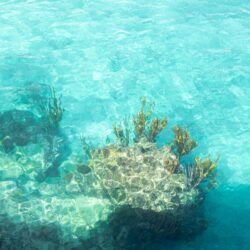
-
Coral in Bermuda
-
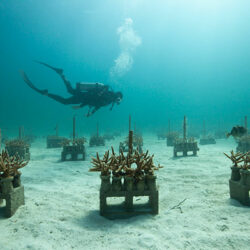
-
Coral reef restoration nurseries in BVI
-
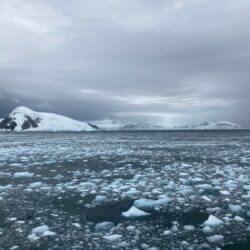
-
Icey Southern Ocean in the British Antarctic Territory
(Photo Credit: Polar Regions Department, FCDO)
-
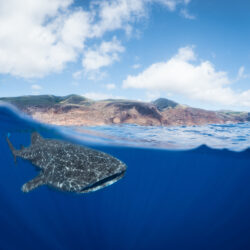
-
St Helena Island
(Photo Credit: Beth Taylor)
-
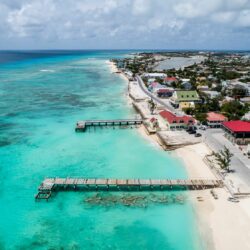
-
Turquoise water in Grand Turk
-
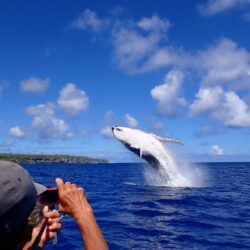
-
Whale watching in Pitcairn
